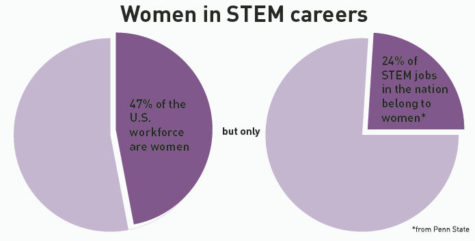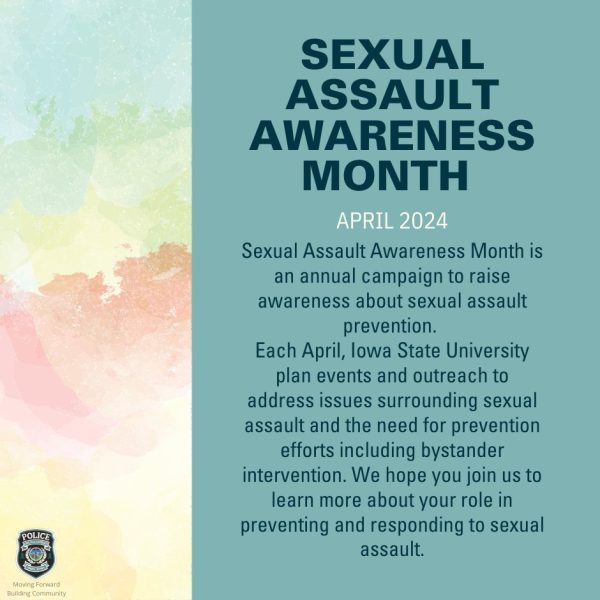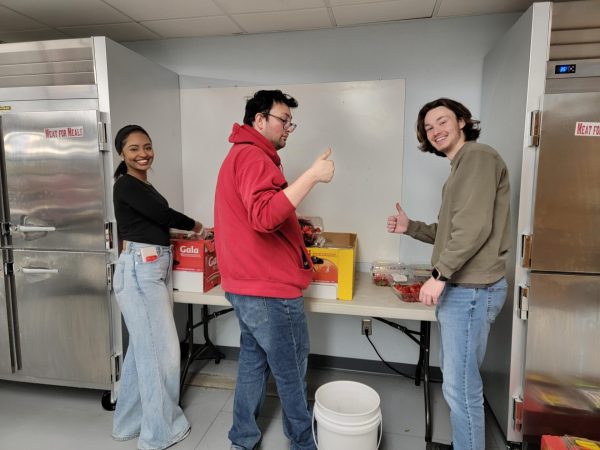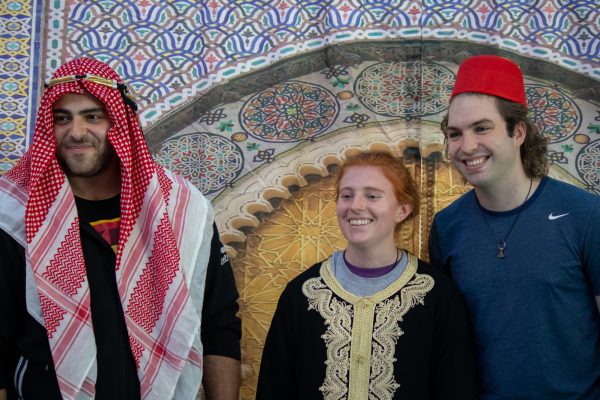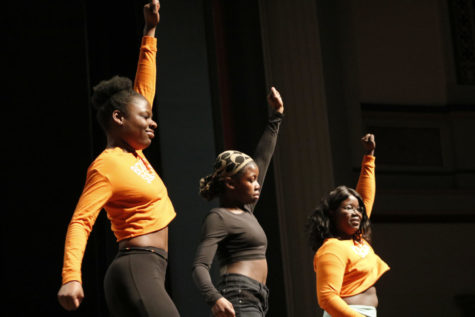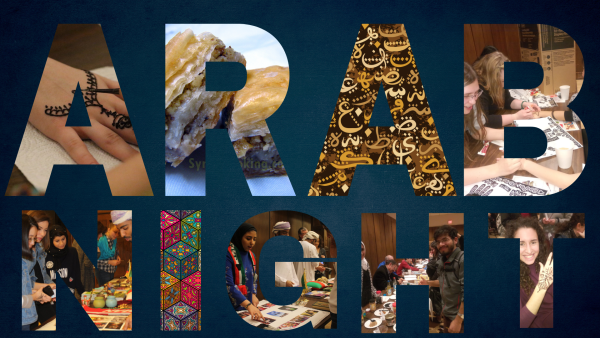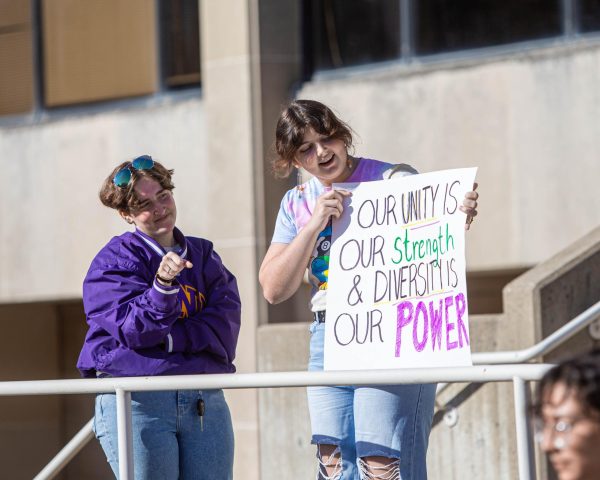WiSE Community Groups tackling isolation in STEM fields
Fields of study involving science, technology, engineering and math (STEM) remain spaces mainly occupied by men. The lack of community among women in these areas of study creates issues in ensuring women are retained and graduate with a STEM degree.
Women in Science and Engineering (WiSE) created a new program, Community Groups, with the hope to tackle this issue by connecting women through shared interests and identities.
“What we see with women in STEM is that, usually, if women in STEM are going to choose to continue in STEM, it usually does not have anything to do with academics,” said Sarah DuBois, Undergraduate Programs Manager of WiSE. “It has a lot more to do with that sense of belonging and community. That’s where isolation and imposter syndrome can set in.”
Community Groups originated out of focus groups and surveys from students who said they wanted more in-person events.
“They were really wanting chances to be able to connect with other women in STEM,” DuBois said.
Community Groups are small groups that partake in weekly informal gatherings. These groups consist of a community coordinator, who is an upper division student, and a group of five to six students.
“We have a bunch of leaders that are going to be leading a community that has some meaning to them, so some of them are women of color, some are first-gens, members of LGBTQ+ and transfers,” said Gayle Yii, a senior studying industrial design and the lead community coordinator. “They are just going to go do stuff they are interested in.”
“I’ve always been passionate about gender equity and women’s rights, and then I found the WiSE listing,” said Tessa Morgan, a sophomore majoring in cyber security engineering and a community coordinator.
WiSE’s community groups will not be creating any new programming.
“Small groups will meet once a week and they will be doing very informal gatherings like grabbing coffee, studying together, grabbing dinner or plugging into events already happening on campus,” DuBois said.
Community groups also give women the chance to connect with others in their majors and colleges through the seven college-based groups available: College of Agriculture, College of Business, College of Engineering, College of Design, College of Human Sciences, College of Liberal Arts and College of Life Sciences.
Groups are also formed around interests that community coordinators shared as ideas. Some of these include outer space, houseplants, movie watching, sports and the outdoors.
“They were like, ‘what do you want your group to be about,’ and I told them I’d get back to them,” Morgan said. “Ever since spring break I’ve been a plant person, so my mom was like, ‘why don’t you do one for houseplants?’”
There are also chances for the Community Groups to get together as a larger group of WiSE for monthly Wise Connects that meets on the first Monday and Tuesday of every month for activities and food.
“For some majors, especially where there’s not as many women, they all should really know each other,” DuBois said. “You need to be connected, and that’s where the idea came from. Hopefully, those friendships and relationships can form and last even when the community coordinator graduates.”
Currently, 120 women in STEM have signed up to participate in Community Groups.
You can still sign up to be in a Community Group or to lead as a Community Coordinator.
Your donation will support the student journalists of the Iowa State Daily. Your contribution will allow us to purchase equipment, send our student journalists to conferences and off-set their cost of living so they can continue to do best-in-the-nation work at the Iowa State Daily.




